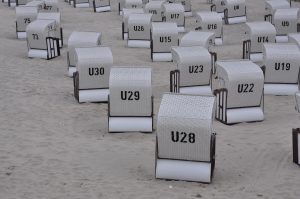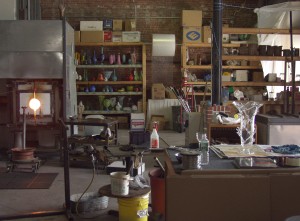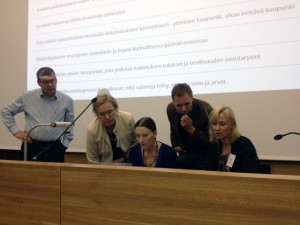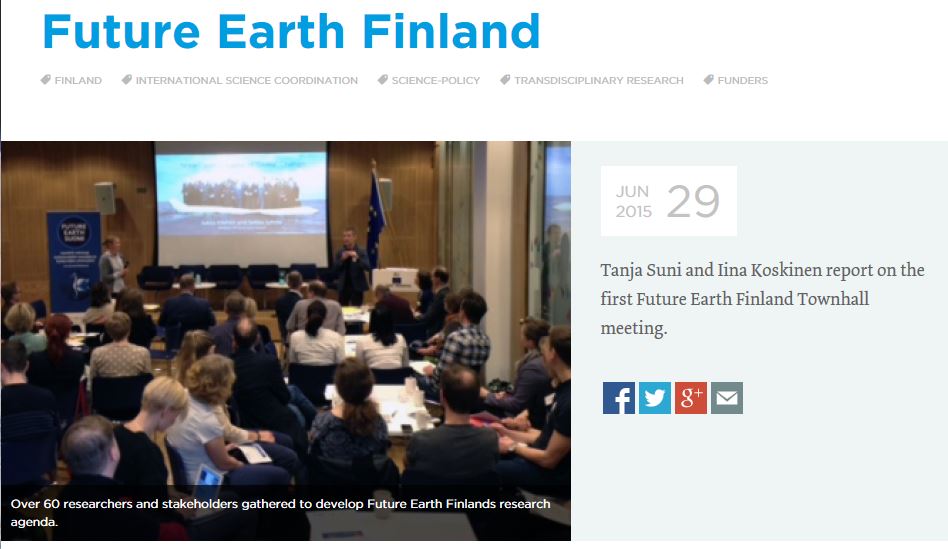In the pilot initiative about Societal Interaction Plans we have examined the 16 projects selected in the first call of the Strategic Research Council (SRC) at the Academy of Finland. These projects commenced in late 2015 and will run for a maximum period of five and a half years. The competition for SRC funds was fierce and the application process was considered to be laborious. Hence, those responsible for the selected projects are aware that their progress will be followed closely and expectations are high for both scientific and societal deliverables.
The SRC projects funded from the first call in 2015 fell under three main topics, each focusing on grand societal challenges: 1) utilisation of disruptive technologies and changing institutions (six projects), 2) a climate-neutral and resource-scarce society (four projects), 3) equality and its promotion (six projects). The Societal interaction plans report analyses public engagement tools, and identifies the partners and processes that define successful consortiums, the new knowledge on societal interaction plans (SIP) and benefits of SIPs for researchers and research groups. In addition to these core capacities of dynamic governance, continuity is viewed as an additional key capacity in the framework of this report.







